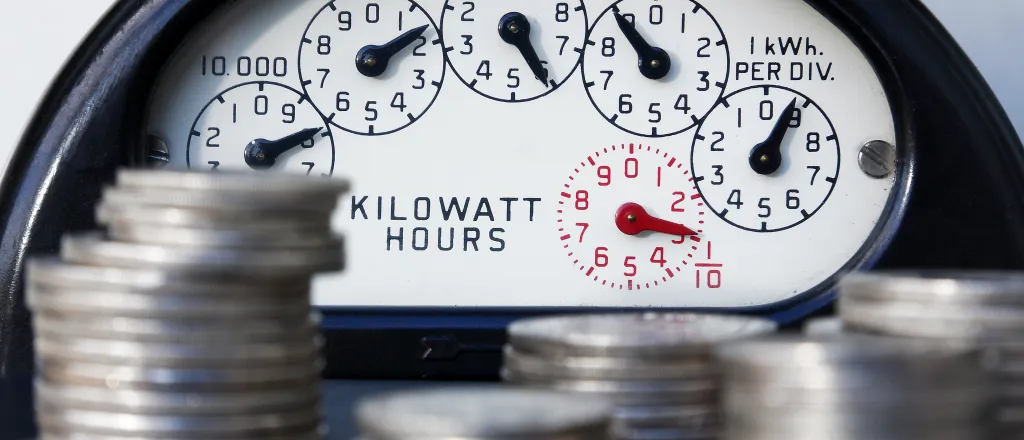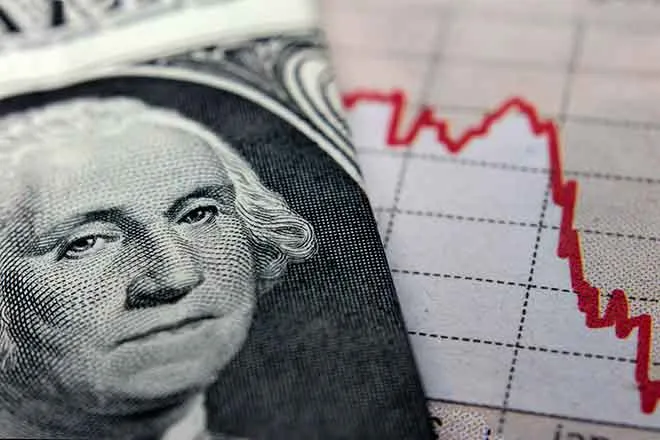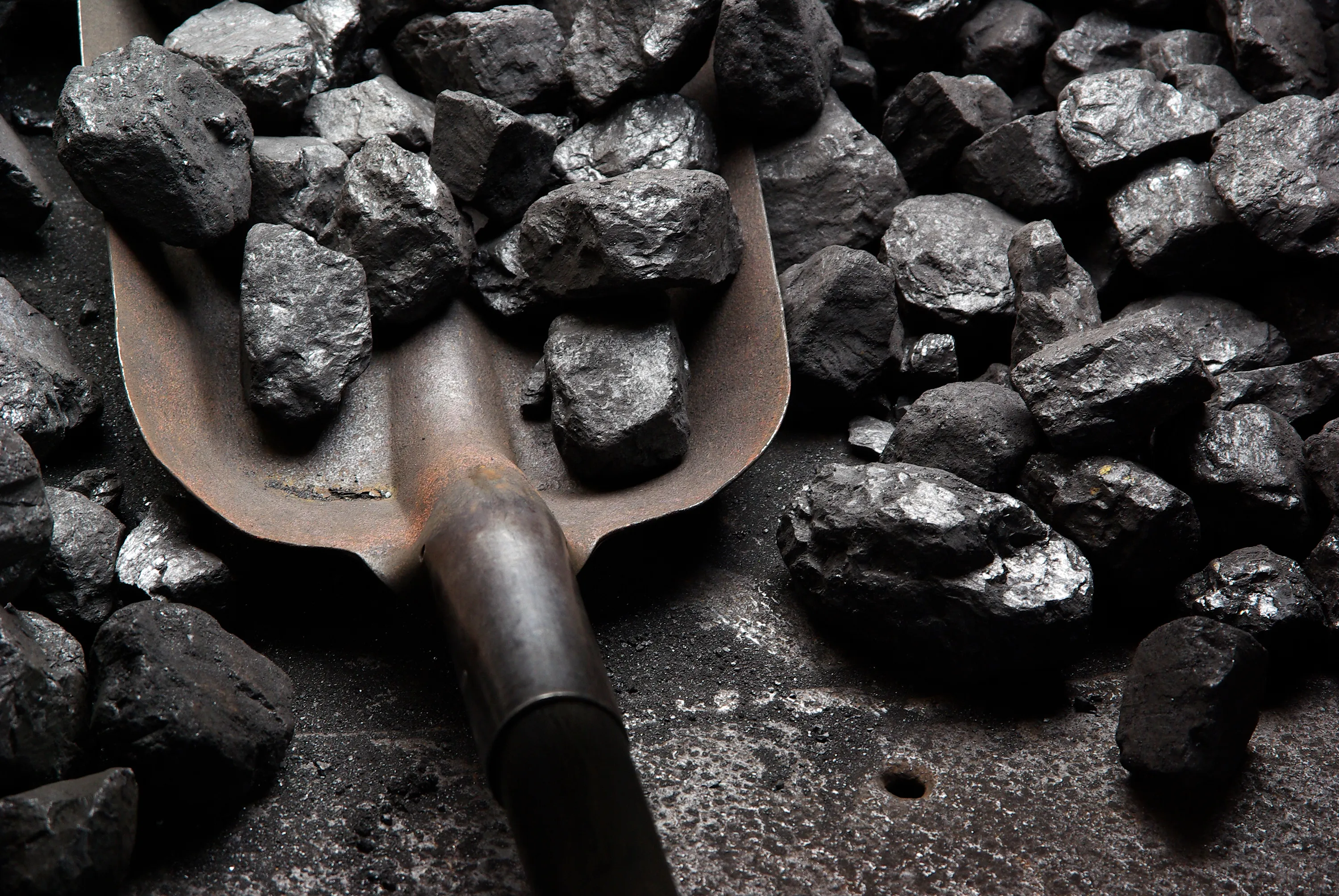
Inflation Reduction Act deemed the first step for low-income energy needs
(Colorado News Connection) President Joe Biden's Inflation Reduction Act has been billed as the most significant legislation in U.S. history to tackle the climate crisis, strengthen American energy security and lower utility bills, and some American households stand to benefit more than others.
Luke Ilderton, deputy director of Energy Outreach Colorado, believes the new legislation is a good start, but argues current programs helping low-income households keep the heat on in winter and fans moving in summer will still be necessary.
"Most of the funding will really go to more moderate- to higher-income households, and solar developers, wind developers, utilities," Ilderton outlined. "This really isn't going to be impacting the most vulnerable households."
In 2020, 27 percent of U.S. households had to choose between paying their utility bill or paying for other basic needs including food and medicine, according to the Brookings Institution.
Many turn off their heating and cooling systems to avoid being disconnected, which can be deadly for seniors and other vulnerable groups. Native American and Black households are twice as likely to experience energy insecurity than white households.
Advocates expect the Inflation Reduction Act will reduce air pollution, resulting in 100,000 fewer asthma attacks by 2030. The measure includes rebates covering 50-100 percent of the cost of installing new electric appliances, including heat pumps, water heaters, clothes dryers, stoves and ovens.
Ilderton pointed out some households could save $800-$1,000 per year on their utility bills.
"Those homes that are using inefficient or resistance electric heating, propane, those who are using wood for their heating needs, will have the potential to save the most money when converting to high-efficiency electric equipment," Ilderton noted.
Households can tap up to $14,000 in rebates to install more energy-efficient windows, doors, electric heating and cooling systems and other appliances. The measure also provides grants to help state and local governments adopt the latest building energy codes, which could save new homeowners in Colorado 20 percent on their utility bills.

















